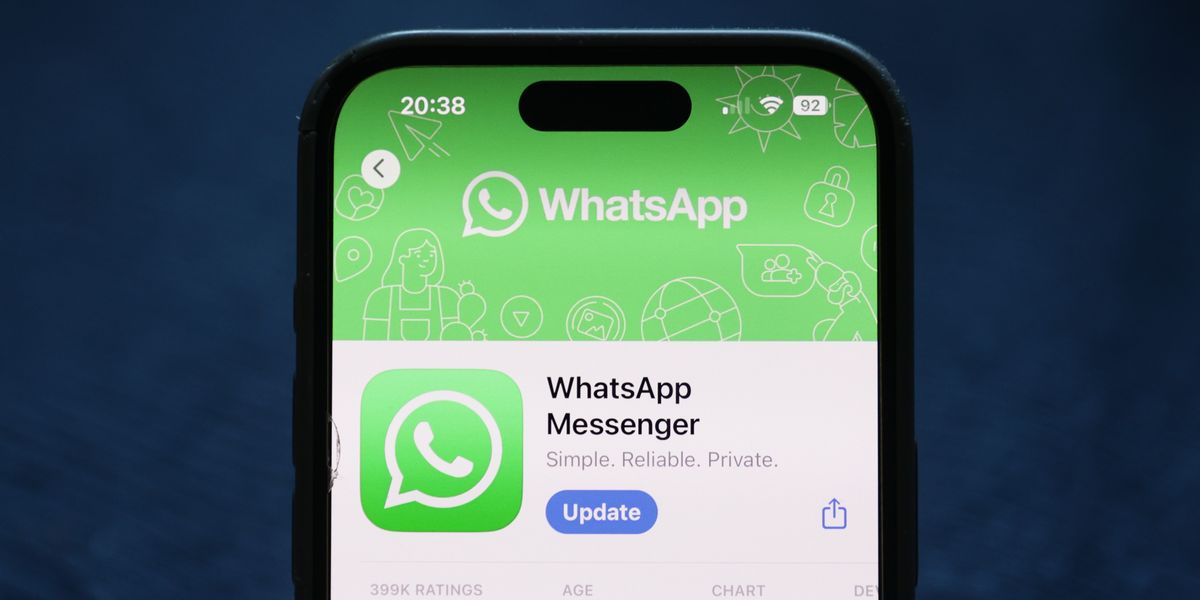WhatsApp’s Major Transformation: Moving from Phone Numbers to Usernames
WhatsApp, the immensely popular messaging app with over 2.5 billion users globally, is on the brink of a significant transformation. In a move that could redefine how users interact on the platform, WhatsApp is set to transition from the traditional phone number system to a more modern username-based approach. This change promises to enhance user privacy and streamline contact management, marking one of the most substantial shifts in the app’s history.
A New Era of Privacy
The decision to adopt usernames instead of phone numbers is rooted in a growing emphasis on user privacy. Meta, WhatsApp’s parent company, has articulated that this shift will allow users to connect without exposing their personal phone numbers. This means that when you add someone to your contacts or join a group chat, your phone number will remain hidden, replaced by a username similar to those used on platforms like Instagram and Snapchat.
In a recent blog post, Meta explained, "With contacts, you know which of your friends and family are on WhatsApp, you can easily message or call them, and it helps give you context on who is in your groups. But losing your phone could mean losing your contact list as well." This highlights the dual benefit of privacy and security, as users will no longer have to worry about their contact information being compromised if their device is lost or stolen.
Enhanced Contact Management
The introduction of usernames will also revolutionize how users manage their contacts. Currently, adding a contact on WhatsApp requires users to input a phone number or scan a QR code, which can be cumbersome. With the new system, users will be able to add contacts directly from WhatsApp Web and Windows, making it easier to manage conversations from a computer.
Meta has indicated that this feature will eventually extend to other linked devices, allowing for a more seamless experience across platforms. This is particularly beneficial for users who frequently switch between devices, as it eliminates the need to rely solely on a mobile device for contact management.
The Benefits of Username Integration
One of the most exciting aspects of this transition is the ability to initiate conversations without sharing personal information. For instance, if you are added to a group chat by a mutual friend, your phone number will not be visible to other participants—only your username. This creates a layer of anonymity that is increasingly important in today’s digital landscape.
Moreover, the ability to add contacts from various platforms, including WhatsApp on Windows, macOS, and potentially an iPad app in the future, opens up new possibilities for users. iPad owners, who have long awaited a dedicated WhatsApp app, may finally be able to set up accounts and manage contacts without needing a SIM card or phone number.
Streamlined Contact Management Across Devices
In addition to the username feature, WhatsApp is enhancing its contact management capabilities. Users will soon be able to save and manage contacts directly within the app, rather than relying solely on their smartphone’s address book. This is particularly useful for those who share devices or want to keep personal and business contacts separate.
Meta’s blog post emphasizes that this new system will allow users to manage contacts more effectively, stating, "These WhatsApp contacts are ideal for when you are sharing your phone with others or if you want to separate personal and business contacts when managing more than one WhatsApp account on your phone."
The Role of Identity Proof Linked Storage (IPLS)
To facilitate these changes, WhatsApp is introducing an innovative encrypted storage system known as Identity Proof Linked Storage (IPLS). This system will allow users to store contacts securely within the app, ensuring that personal data remains private and protected.
With IPLS, contact names will be encrypted and accessible only to the account owner. This not only enhances security but also enables contact synchronization across all WhatsApp-linked devices. For example, if a user saves a new contact from their laptop, it will automatically sync to their phone, streamlining the contact management process.
Conclusion: A Future of Enhanced Connectivity
As WhatsApp prepares to roll out these significant changes, users can look forward to a more secure and user-friendly experience. The shift from phone numbers to usernames represents a broader trend in digital communication, prioritizing privacy and ease of use. While the exact launch date for these features has yet to be announced, the anticipation is palpable.
With the introduction of usernames, enhanced contact management, and the innovative IPLS system, WhatsApp is poised to redefine how we connect with one another. As the app continues to evolve, it remains committed to providing a platform that prioritizes user privacy while fostering seamless communication. The future of WhatsApp looks bright, and users can expect a more connected and secure messaging experience in the near future.
